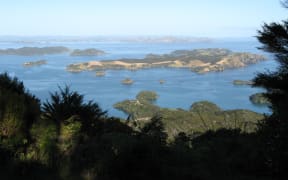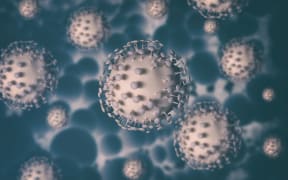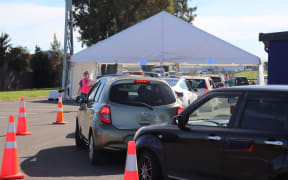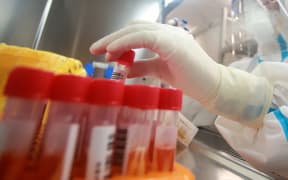Te Tai Tokerau Border Control has hit out at today's decision to shift Te Tai Tokerau - Northland - to orange in the Covid-19 traffic light system.
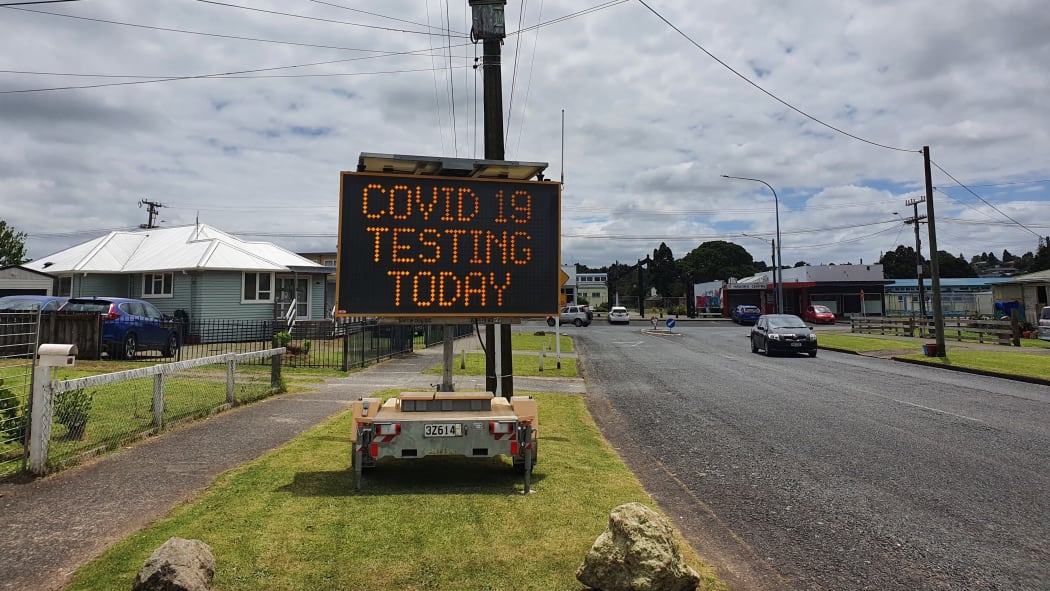
File photo. Photo: RNZ / Nita Blake-Persen
The prime minister announced this afternoon that Northland would move from red to orange at 11:59pm tonight midnight, while the rest of New Zealand will remain at orange.
However, the whole country would shift to red if there was evidence of Omicron spreading in the community, she said.
But Te Tai Tokerau Border Control leader and former MP Hone Harawira said many Northlanders would not welcome the move to red, and wanted the risk managed conservatively.
"It's an absolute bloody disaster for us here in the North. We want to stay red until we hit the 90 [percent vaccination mark]. People are working hard at it, but we haven't hit the 90 percent," Harawira said.
"Kaupapa Māori suffer from a lack of access to quality health resources and we suffer from an inequitable health system anyway, our people suffer disproportionately from all those health problems that [make people more vulnerable to Covid-19].
"And despite the best efforts of our health providers and community organisations, Tai Tokerau Māori have the lowest level of vaccination in the country (78 percent at 19 January 2022) and are five times more likely to get Covid-19 than non-Māori," he said.
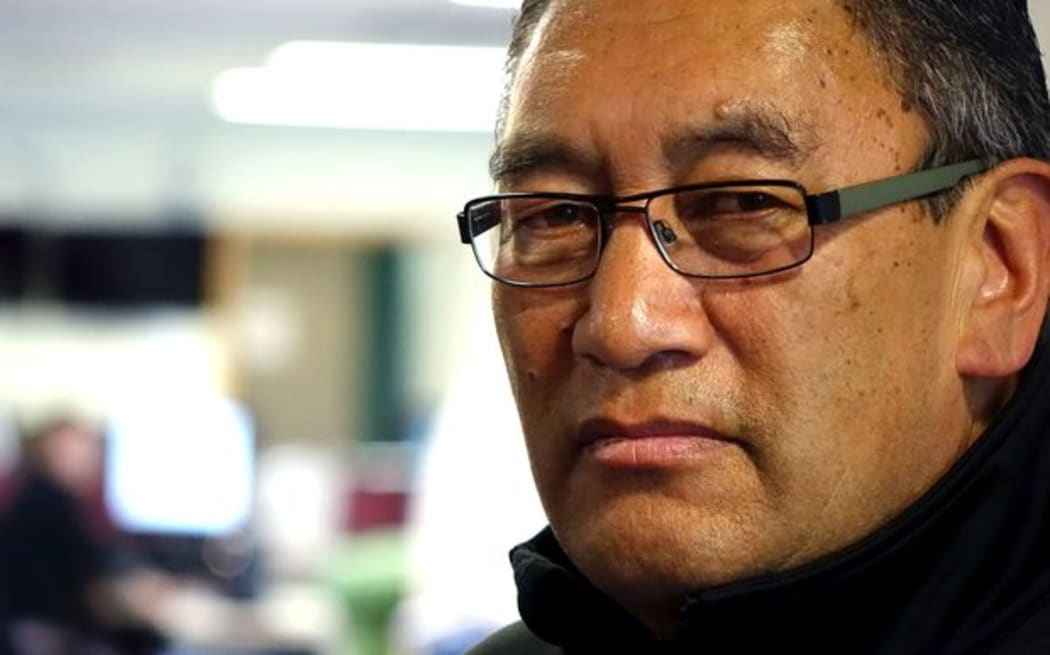
Hone Harawira. Photo: RNZ / Kim Baker-Wilson
Harawira predicted Te Tai Tokerau Māori will be hit especially hard by Omicron because many were geographically separated from hospitals and medical care, many lived together closely as whānau - where the variant would spread rapidly, and very few to 5- to 11-year-olds had been vaccinated so far.
"Tai Tokerau Māori will have the highest case numbers, highest isolation numbers, highest hospitalisation numbers and the highest numbers of death from Omicron."
The group's coordinator Reuben Taipari told RNZ he was not surprised at the decision to shift to orange, but was worried they would not be able to protect people in the region.
"If they're just going back to normal because of the pressure of economics and politics - then we don't really have a protection plan, it's a political plan.
"We're very concerned and we're very stressed."
One immediate stress was that with the shift to orange, more people would be able to gather in Northland for Waitangi Day celebrations, which would not have been possible under red, he said.
However, earlier today, Ngāti Hine Health Trust chief executive Geoff Milner told RNZ that Te Tai Tokerau should move to orange.
Vaccination numbers were so close to 90 percent as to be a technicality, and it would help with clarity to have all of New Zealand operating in the same level, he said.
Harawira said he wanted government support to restart checkpoints at Uretiti and Maungaturoto to restrict unvaccinated people from coming into the region.
He also called for more Covid-19 vaccination and testing centres, a "powerful" education campaign, more incentives for people to get vaccinated, and "immediate back up" when critical services in Te Tai Tokerau were under pressure.
Meanwhile, Whangārei Mayor Sheryl Mai was pleased the region was moving to the orange setting of the traffic light framework, telling RNZ she was "thrilled" with the news.
Mai said event operators would be relieved but with Omicron looming and the possibility of the entire country moving to red, any reprieve in Northland may be short lived.

